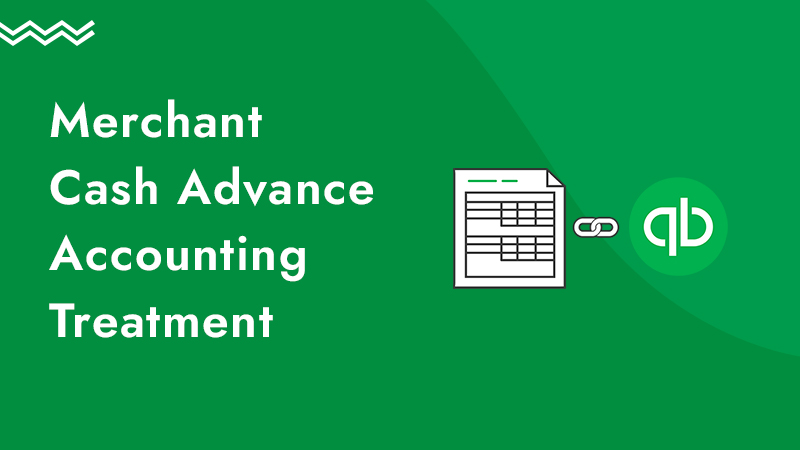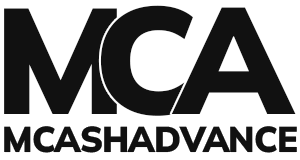
If you’ve recently secured an MCA to infuse capital into your business, it’s essential to understand how to accurately record this financial transaction on your statements. Because MCAs are not considered loans, they are recorded differently on financial statements. So, it’s important that you know exactly how to record them on your business tax returns to avoid getting in trouble with the IRS.
In this article, we will guide you through the five key steps to effectively record an MCA on your financial statements and ensure compliance with tax regulations.
How to Record a Merchant Cash Advance on Financial Statements
When it comes to documenting an MCAon your financial statements,here are the five steps to follow:
| Step | Description |
|---|---|
| 01. Confirm the Original MCA Amount You Received | Check your MCA agreement to confirm the exact amount of funds you receive from the MCA provider |
| 02. Classify the MCA as a Liability | An MCA should be classified and recorded as a liability on your financial statements |
| 03. Record the Initial MCA Transaction | Record the initial MCA transaction by debiting your business account for the deposit and crediting the new liability account to balance the books |
| 04. Recognize Interest or Fees | MCA fees should be considered expenses and recorded as an expense on financial statements. |
| 05. Reconcile MCA Repayments | Reconcile the repayments regularly on your financial statement to reduce the risk of mistakes. |

Step 1: Confirm the Original MCA Amount You Received
Before you begin recording the MCA on your financial statements, ensure you have the precise original amount you received from the MCA provider. This initial amount serves as the principal for your MCA transaction and is essential for accurate accounting.
Step 2: Classify the MCA as a Liability
MCAs are considered liabilities on your financial statements because they represent an obligation to repay the advance. Create a separate liability account, such as “MCA Payable,” to track the amount owed to the MCA provider.
Step 3: Record the Initial MCA Transaction
To record the initial MCA transaction, you’ll debit your business bank account for the total amount deposited into your account as a result of the MCA. Simultaneously, credit the newly created liability account for the same amount. This double-entry ensures your books remain balanced.
Step 4: Recognize Interest or Fees
MCAs typically involve fees or factor rates that determine the total cost of borrowing. These fees should be recognized as expenses over the term of the MCA. Calculate the daily or weekly portion of the fees based on your repayment schedule and recognize them accordingly.
Step 5: Reconcile MCA Repayments
As you make daily or weekly repayments to the MCA provider, reconcile these payments in your financial statements. Debit the liability account for the repayment amount and credit your business bank account accordingly. This process continues until the entire MCA is repaid.
The Importance of Professional Guidance
While these steps provide a general overview of recording MCAs on financial statements, it’s worth considering seeking professional guidance. Tax preparers or accountants with expertise in business finances can ensure that your MCA transactions are accurately recorded, helping you avoid errors or compliance issues. They will also save you time and money because they will be familiar with the tax implications of an MCA which can also be confusing because MCAs are not considered loans so different taxation rules apply to them.
Ready to Apply?
or learn more about merchant cash advances
The Bottom Line
Accurately recording MCAs on your financial statements is crucial to maintain compliance with tax regulations and ensure transparency in your business’s financial records. The five key steps outlined in this article provide a simple approach to MCA recording, from confirming the original amount received to reconciling repayments.
Given the intricacies of MCA accounting and tax recording, it is wise to seek professional guidance from tax experts or accountants familiar with MCAs. This ensures your financial recording of an MCA will be accurate and you record MCA tax records are also accurate.

